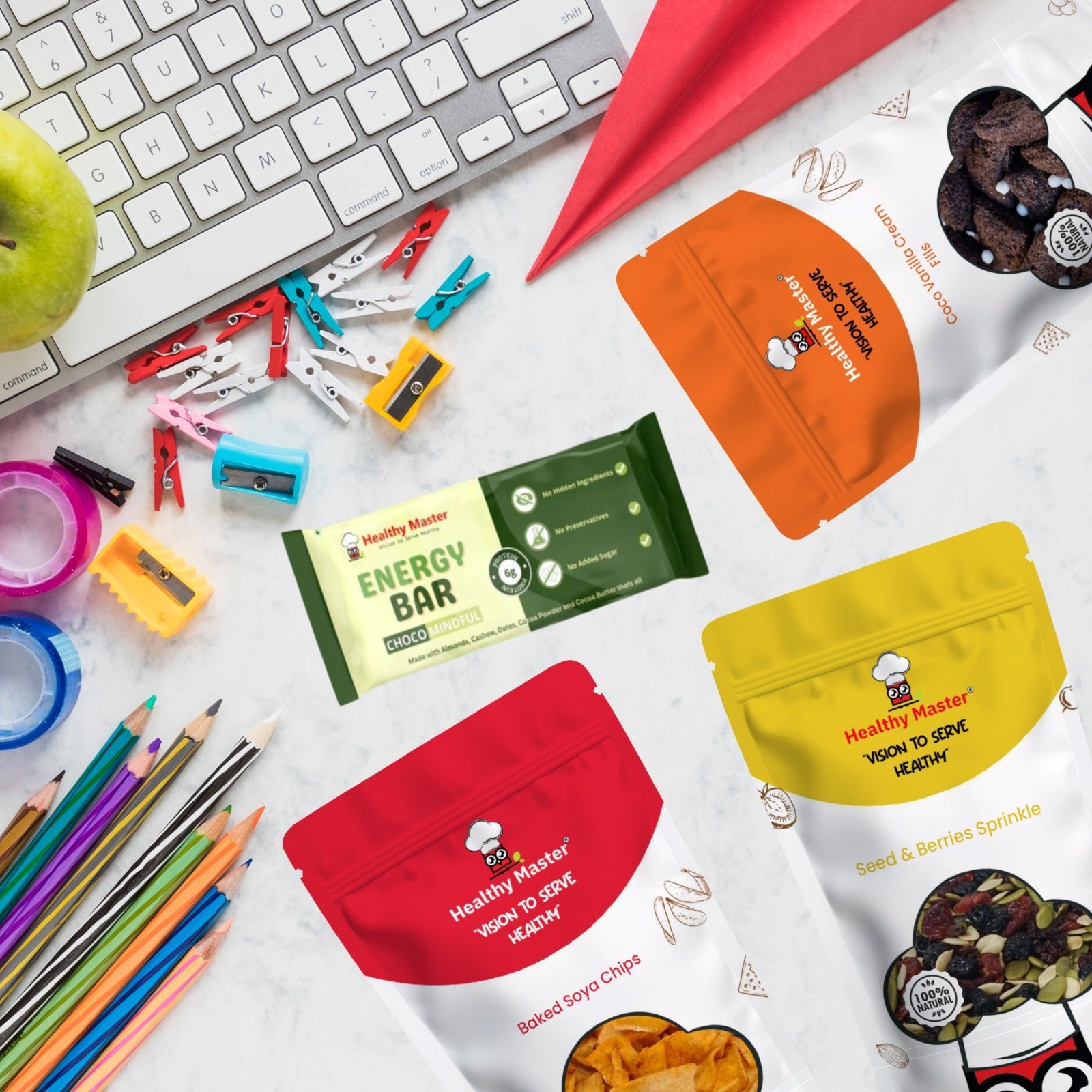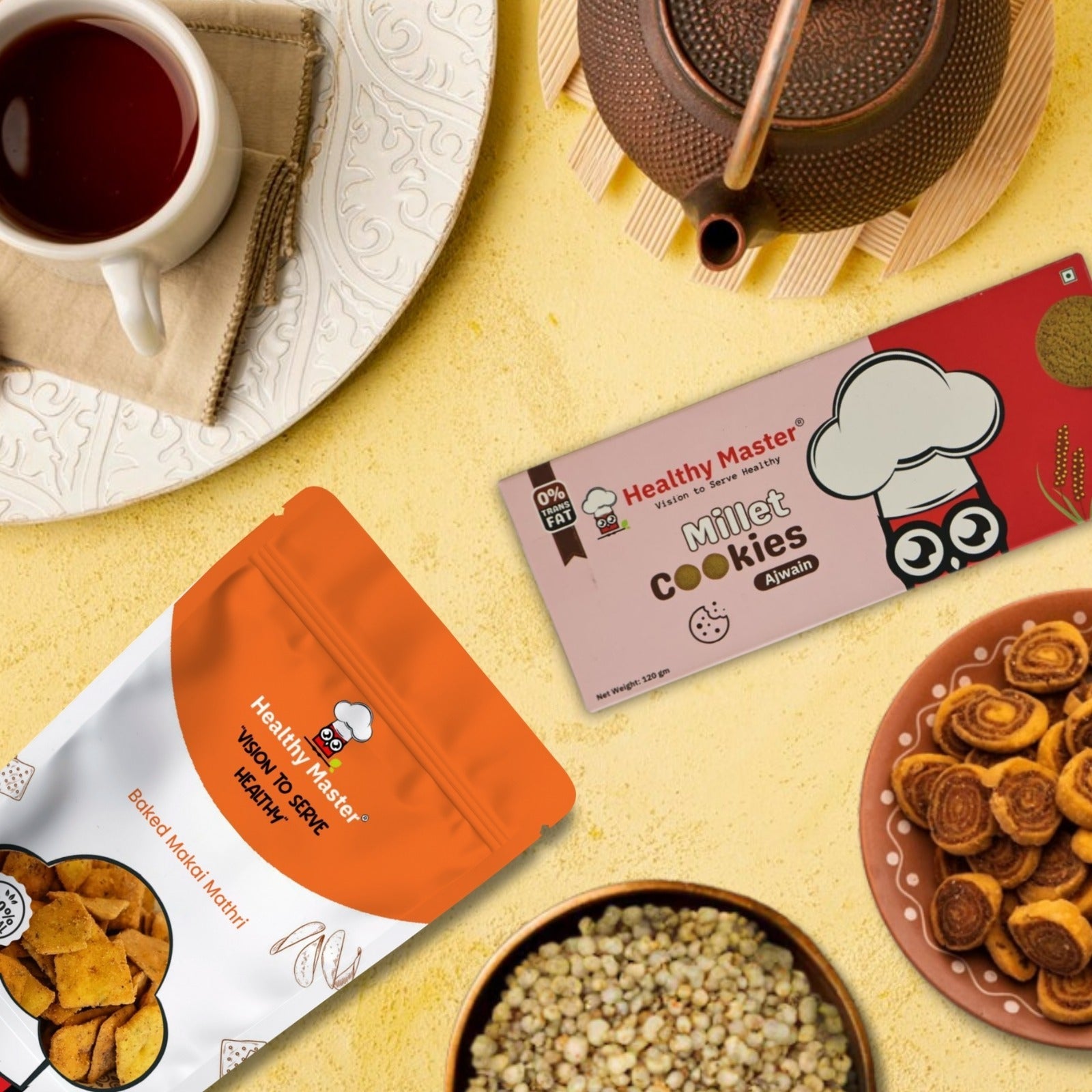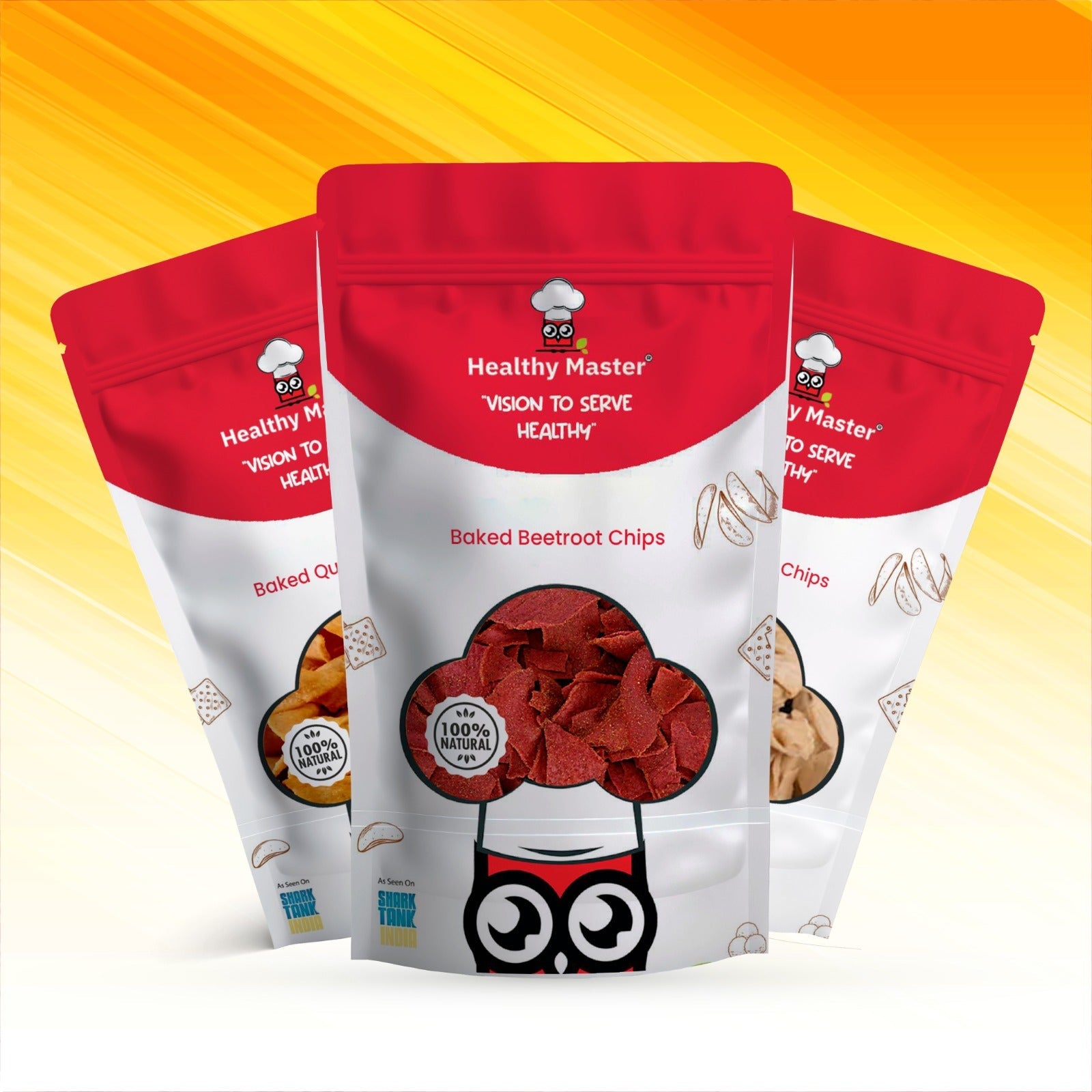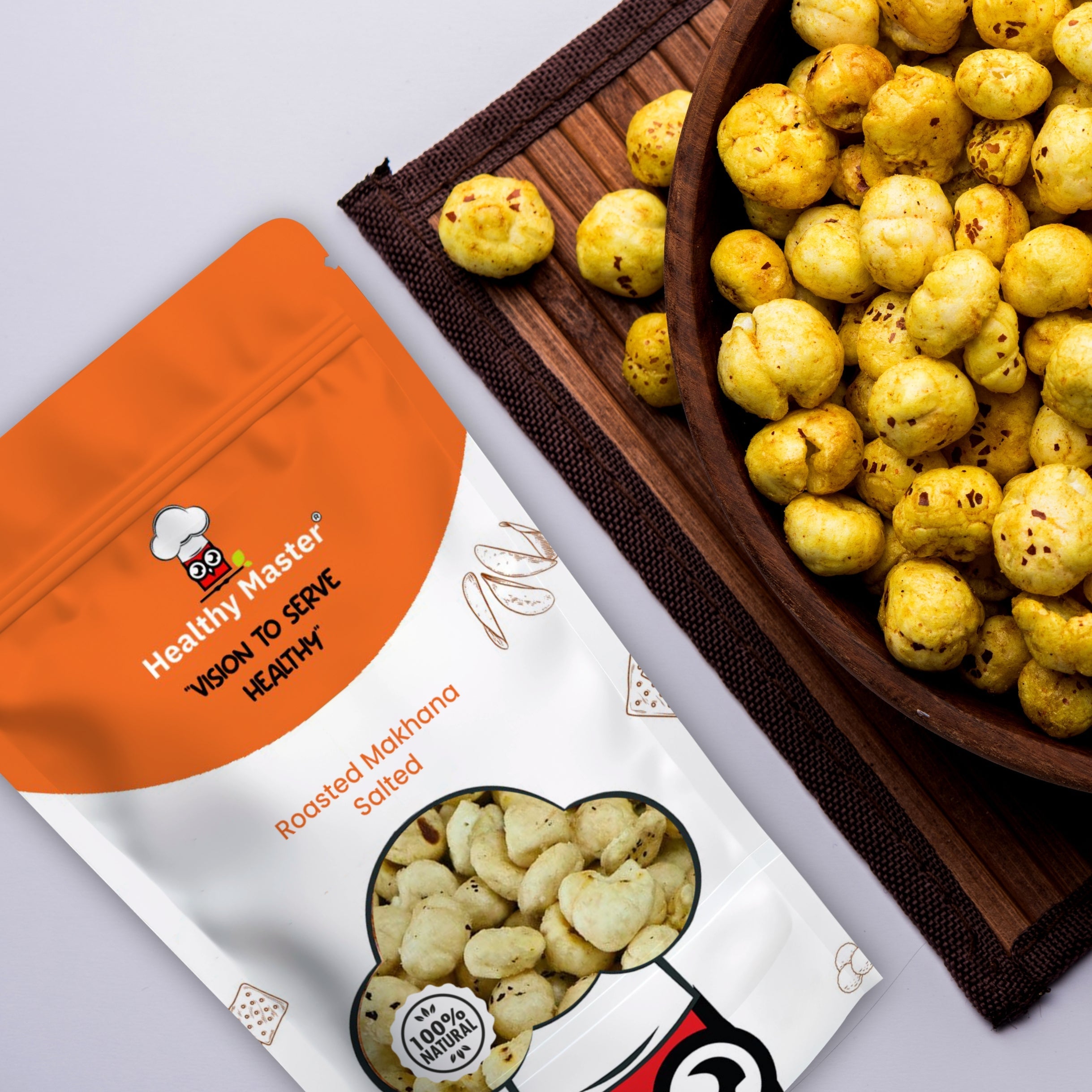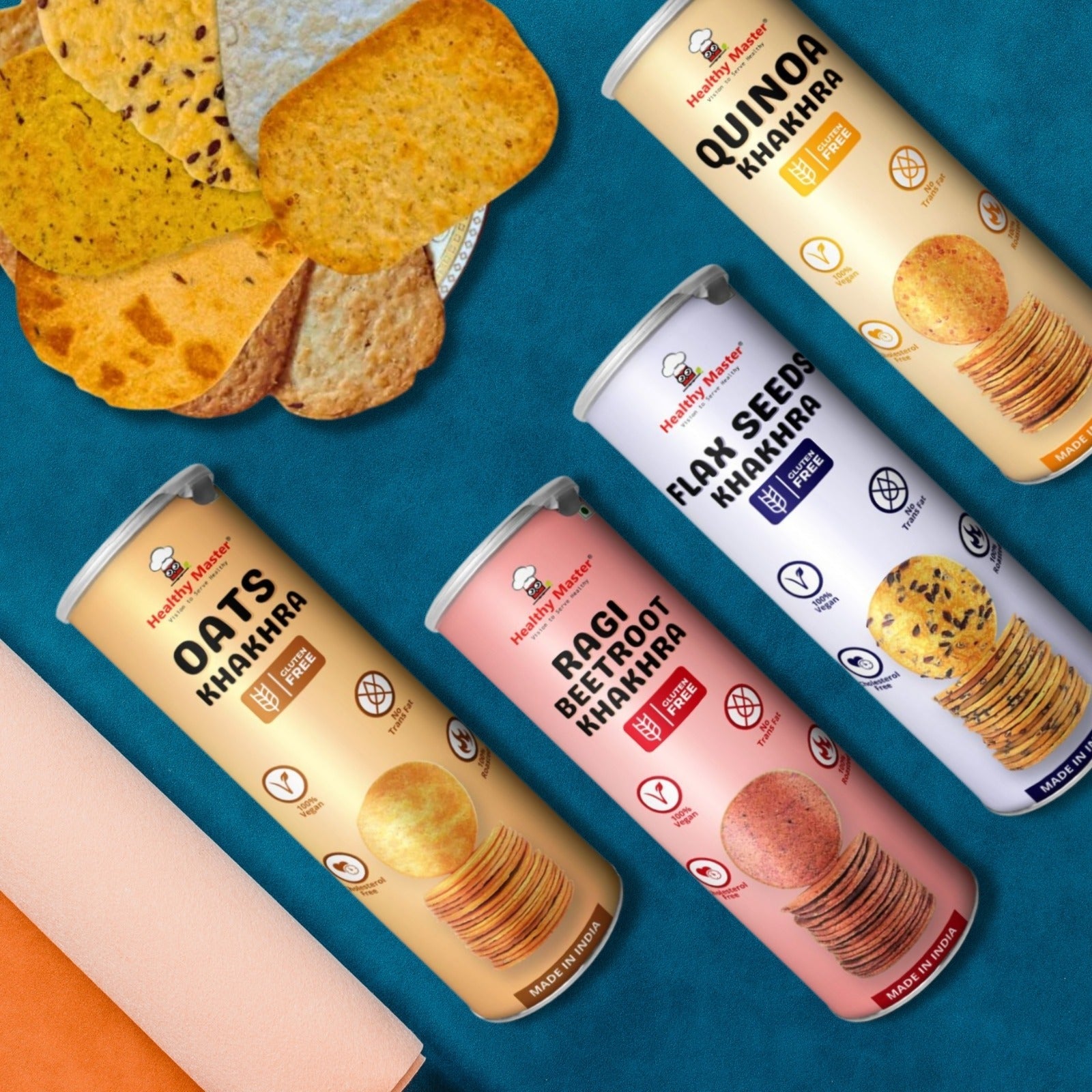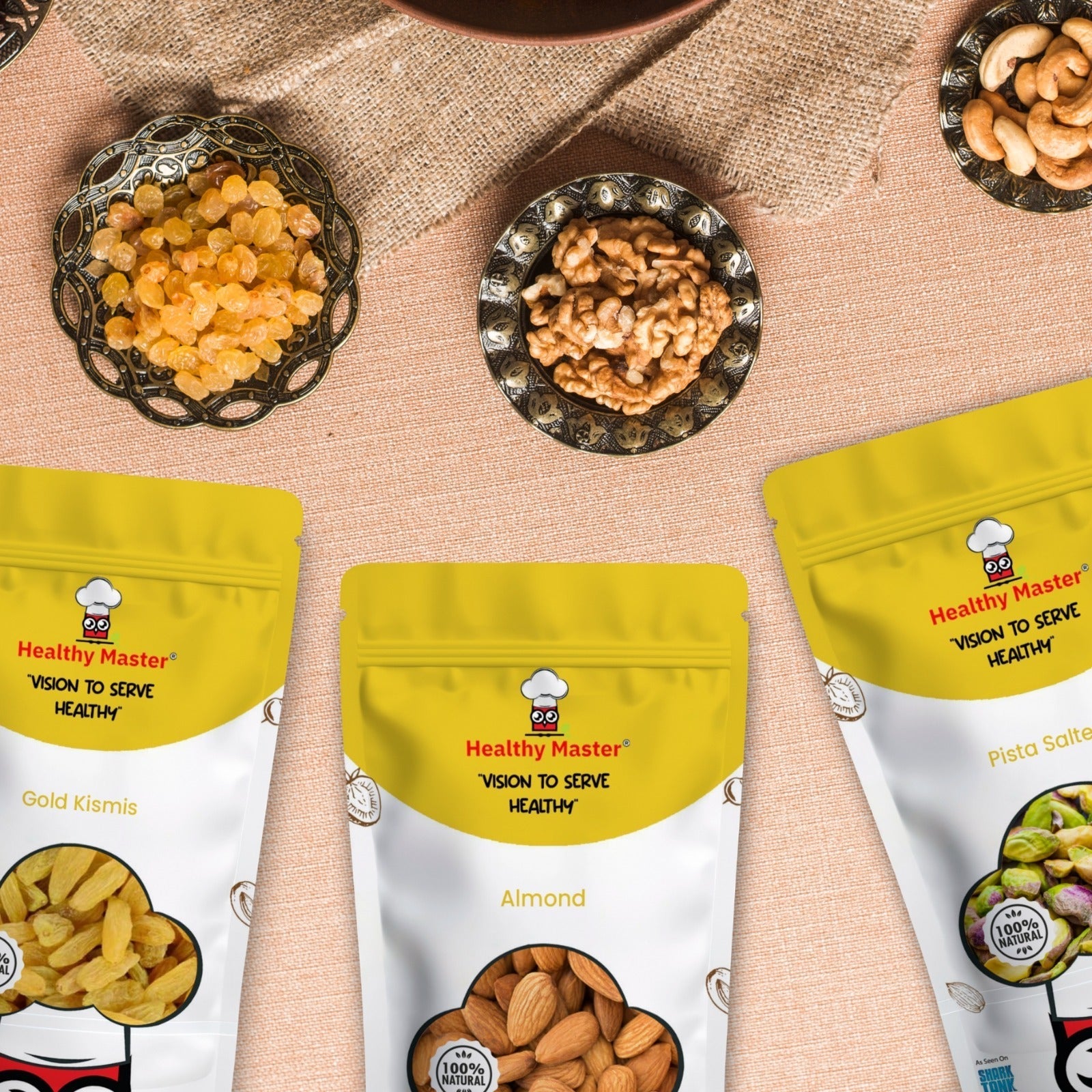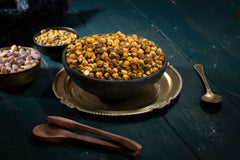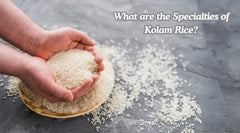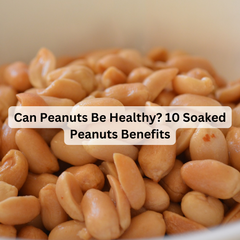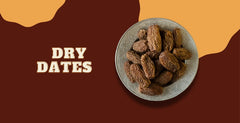Are you looking for ways to repair your kidneys?
Do you want your kidney to always be healthy? Additionally, there shouldn't be a failure risk.
So, what is most important is adopting the proper lifestyle and consuming foods good for kidneys. But before that, you have to know the reasons for kidney-related diseases and other common risk factors.
In this blog, we will learn about the nutrients and foods for kidney health that help keep them safe. We will also explore the reasons for kidney diseases, other factors, and their usefulness in our lives.
Role of the Kidney in our Daily Lives
Kidneys play an essential role in maintaining overall health. But they are rarely considered until they become damaged and can no longer do their job. The kidneys are two bean-shaped organs, each about 10-15 cm long. It filters about a half cup of blood every minute, removing wastes and extra water to make urine. Here are the 5 top jobs healthy kidneys perform.
- Eliminate excess fluid & waste.
- Manage your blood pressure.
- Produce red blood cells.
- Maintain the body's water & electrolyte balance.
- Keep strong bones.
- Regulate pH levels.
Common Risk Factors of Kidney Diseases Chronic kidney disease (CKD) is now a health issue affecting approximately 10% of the world's population.
Healthy kidneys are essential for people of all ages. They are responsible for filtering toxins from the body. When the kidneys are not functioning properly, the body accumulates dangerous poisons and too much fluid. It may be the primary symptom of kidney failure.
Other most common risk factors of kidney disease are diabetes and high BP.
Obesity, smoking, insulin, and high uric acid levels are other health conditions that can contribute to kidney failure.
Therefore, people with kidney disease can follow a special diet known as a renal diet.
Diet and Its Relation to Kidney Diseases
If you are a healthy person, then you don't need to take much tension for a kidney-friendly diet. You need to be aware of food for healthy kidney and include it in your diet.
But if you have kidney issues or a risk of its failure, you need to take proper guidance on your diet. You need to have a chronic kidney disease diet food list. It boosts kidney function while lowering the risk of further damage. Thus, learning more about a healthy kidney diet is essential.
5 Foods Good for kidneys Health
So to know what foods help repair kidneys, let’s check the following foods:
Cauliflower
Cauliflower is considered the best food for the kidney. It contains vitamins C, K, B6, B9, folate, and fiber. Also, it has antioxidants and anti-inflammatory properties that help to maintain healthy kidney function. It is low in potassium and sodium, considered the best food for kidney patients.
Blueberries
Blueberries are rich in nutrients and antioxidants. Its anthocyanins compound ( antioxidant) protect against heart disease, diabetes, and other diseases. Also, they are low in sodium, potassium, phosphorus, and protein. Thus, including blueberries in the diet can help lower the risk of kidney disease.
Red Bell Pepper
Red bell pepper contains antioxidants, various vitamins, and the best foods for kidney stone patients. It that can help improve kidney function. It is also low in sodium, so including it in the diet chart can lower the risk of kidney diseases.
Red Grapes
Red grapes are delicious fruit that contains antioxidants called flavonoids. It helps in reducing the formation of blood clots and avoids heart disease. Also, it can control diabetes and other health conditions. Thus, adding red grapes to your diet is the right fruit for kidney patients.
Garlic
Garlic is a tasty alternative to salt with many nutritional benefits. It’s a good source of manganese, vitamin B6, and sulfur, that reduce inflammation. Its allicin compound improves your kidney health. So, you can consider it one of the best foods for kidneys that can be added to your daily meal.
Diet Chart for Kidney Patients
A kidney-friendly diet helps you manage your kidney disease and slow kidney damage. Kidney patient diet plan may change over time, but it will always give you the right amount of nutrients like protein, fat and carbohydrates.
Breakfast:
- Scrambled egg whites with spinach + a sprinkle of low-sodium cheese
- Whole grain toast/ small portion of oatmeal
- Sliced fruit (e.g., berries, apples, or pears)
Mid-Morning Snack:
- A small handful of unsalted nuts (e.g., almonds, walnuts)
Lunch:
- Grilled chicken/tofu salad + a variety of non-starchy
- Quinoa/brown rice as a side
Afternoon Snack:
- Carrot sticks/ celery with hummus
Dinner:
- Baked or grilled fish + lemon & herbs
- Steamed/sautéed vegetables
- A small serving of kidney-friendly grains (e.g., bulgur, barley)
Evening Snack:
- Low-fat yogurt/ small piece of low-phosphorus cheese
Fluid Intake:
- Monitor your fluid intake based on your healthcare provider's recommendations.
- Sip water throughout the day, but avoid excessive fluid consumption.
General Dietary Guidelines for Kidney Health
- Control Protein Intake
- Watch Phosphorus and Potassium
- Reduce Sodium
- Choose Healthy Fats
- Control Fluids
- Limit High-Potassium Beverages
Note: This is a general guideline. Your dietary needs may vary depending on your medical history and health status. Kindly consult your healthcare provider.
Conclusion
The shortcut to coping with kidney disease is managing your intake of phosphorus, salt, protein, and potassium. This can only be possible when you know the best food for kidney.
This article helps you in a great way to maintain good kidney health with a kidney-friendly diet. This way, you will get direct help to reduce the strain on the kidneys and keep them functioning correctly.
 Deal of the week : Trial Snack Box - 18 Wholesome Delights Just at ₹ 899.00
Deal of the week : Trial Snack Box - 18 Wholesome Delights Just at ₹ 899.00

